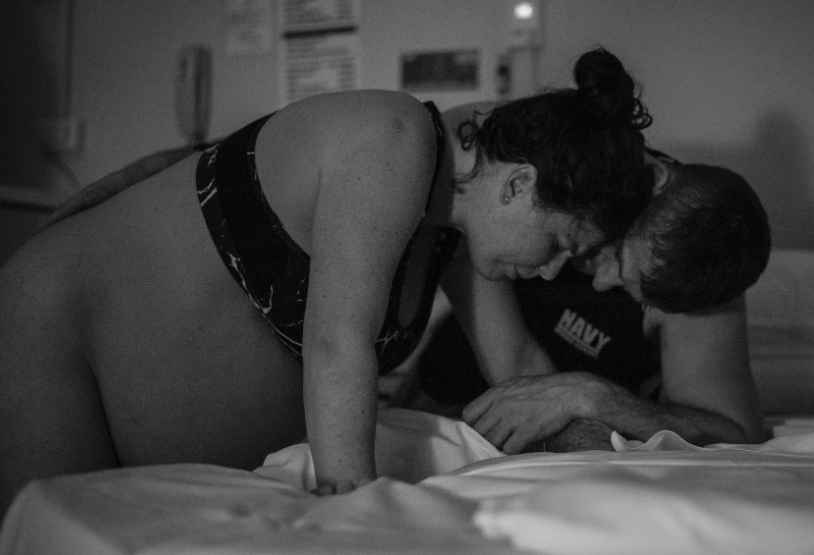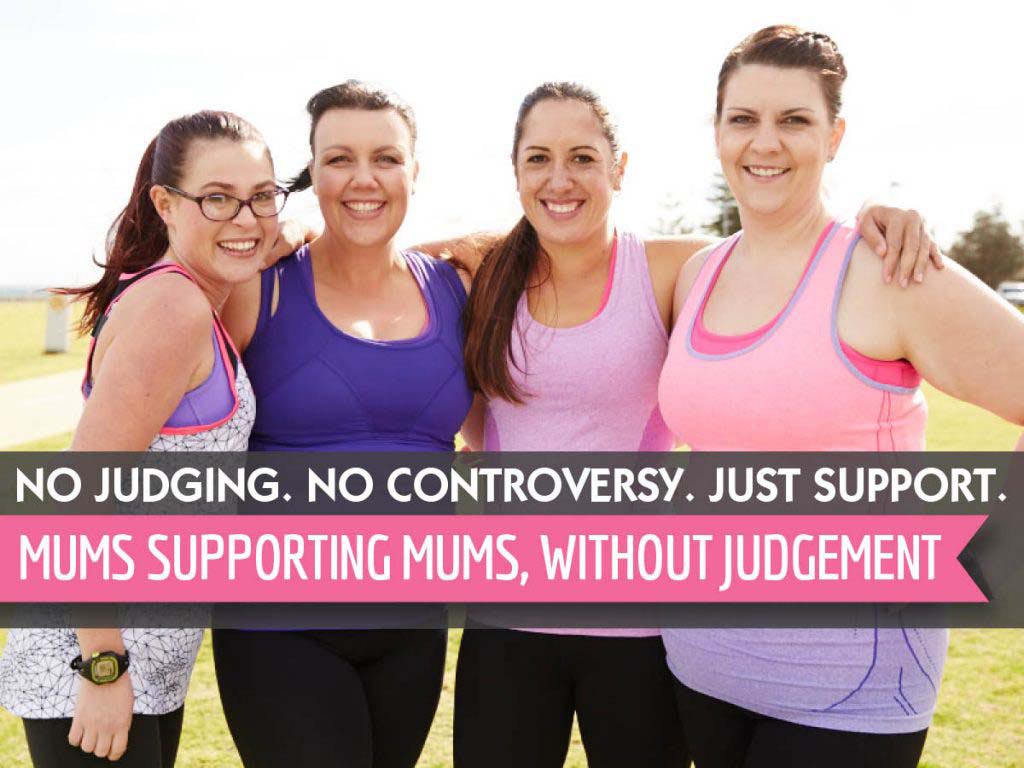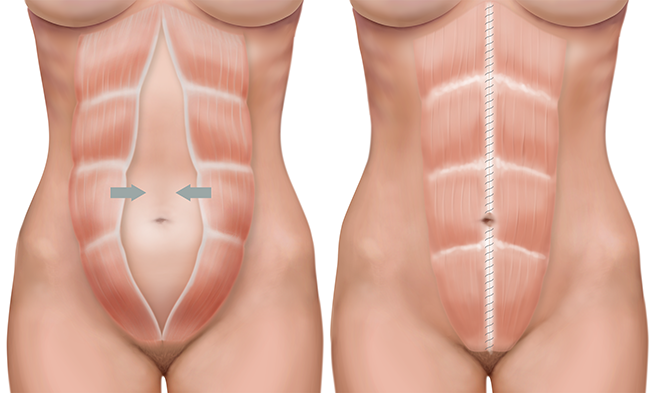7 frequently asked questions about fetal movements answered!
***Midwife and new mum, Bel Moore, answers frequently asked questions about fetal movements***
Pregnancy is a weird and wonderful experience but leaves even the most confident woman thinking, is this symptom normal? Should I be worried? And who should I call?
Here are some frequently asked questions about fetal movement!

7 frequently asked questions about foetal movements answered!
1. When does movement start?
Babies can be seen (via ultrasound) physically moving at about 10 weeks gestation but their jerky and uncoordinated movements can’t usually be felt by the mother until at least 16 weeks.
The first movements, ‘quickening’ are usually hard to distinguish for first time mums, as they are faint and feel like a fluttering or gas bubbles.
Most women will have felt fetal movements by 24 weeks, as the baby has grown strong enough to place pressure on the uterus walls, which stimulate the nerves in belly skin.
Once you’re in the late second trimester, movement or sensations can be felt in the pelvic area (ouch!), on the bladder, under the ribs and the back area.
2. Why can’t I feel my baby yet?
It’s super exciting feeling those first kicks and can make the pregnancy feel more ‘real’ – but feeling baby’s first movements can depend on many factors including:
- First or subsequent pregnancy – women who have had a baby before will often feel movement earlier.
- Placenta location – if the placenta is anterior (at the front) it acts as a cushion and will blunt the sensations.
- Women’s size/shape/build – a larger layer of fat covering the belly area may dampen movements felt.
3. How often should pregnant women feel their baby moving?
There is no universally agreed definition for normal fetal movements or how many movements per hour a baby should do.
Studies have shown that by the third trimester baby’s can move up to 30 times an hour. Previously healthcare providers would define reduced fetal movements as less than 10 movements within 2 hours but this is not supported by research anymore.
4. Should I try to make baby move by drinking something sweet?
When worried about a lack of fetal movement, women are usually told to have something sweet to eat or an icy cold drink. There is no scientific evidence to support this advice but anecdotally babies seem to react to some food and drinks.

For a delicious, naturally-sweet drink you can make make a Healthy Mummy Berry Blast Smoothie. Pop 2 teaspoons of Healthy Mummy Pregnancy Smoothie, 1 of cup milk, 1/4 cups of oats, 1/2 teaspoon of brewers yeast, 1 cup of mixed berries, 1 teaspoon honey, 1 teaspoon of spirulina and 1 teaspoon of chia seed oil in a blender and blitz!
You can learn more about the Pregnancy Smoothie here.
5. Do they move less at the end of pregnancy?
During the second trimester, babies have plenty of room to move and will push, kick, turn, roll and stretch with their hands, feet, knees, elbows, bum and head.
As the pregnancy progresses, the space is reduced and their head may become engaged in the pelvis, this can mean their movements may feel different than earlier but they should not move any less.
6. Do babies sleep in the womb?
Unborn babies have ‘sleep and wake’ cycles. Fetal movements are usually absent during foetal “sleep” cycles. These sleep cycles occur regularly throughout the day and night and usually last 20 – 40 minutes but rarely exceed 90 minutes. They usually develop their own pattern and will have regular ‘awake’ periods around the same time each day.
They can also hear from about 19-26 weeks of pregnancy, so loud noises/music may make them jump or move.
7. What should I do if I feel baby is moving less?
Many pregnant women at some stage of their pregnancy will express concerns about decreased foetal movement or not feeling their baby move for a while.
If you are unsure if your baby’s movements have slowed down, take some time to focus on movements, they are usually felt best when lying down on the left side.
Call your midwife or healthcare provider if you are ever worried or notice a change in your baby’s normal movements. They will usually advise you to come in for a CTG to record baby’s heartbeat and movements over a 20-30 period to assess baby’s health.
Join our Private Pregnancy Facebook Support Group

If you want to connect with other mums-to-be in a safe environment – be sure to check out (and join) and Private Pregnancy Facebook Support Group.
And to learn more about our other Facebook support groups and chat with like-minded mums, click here.









